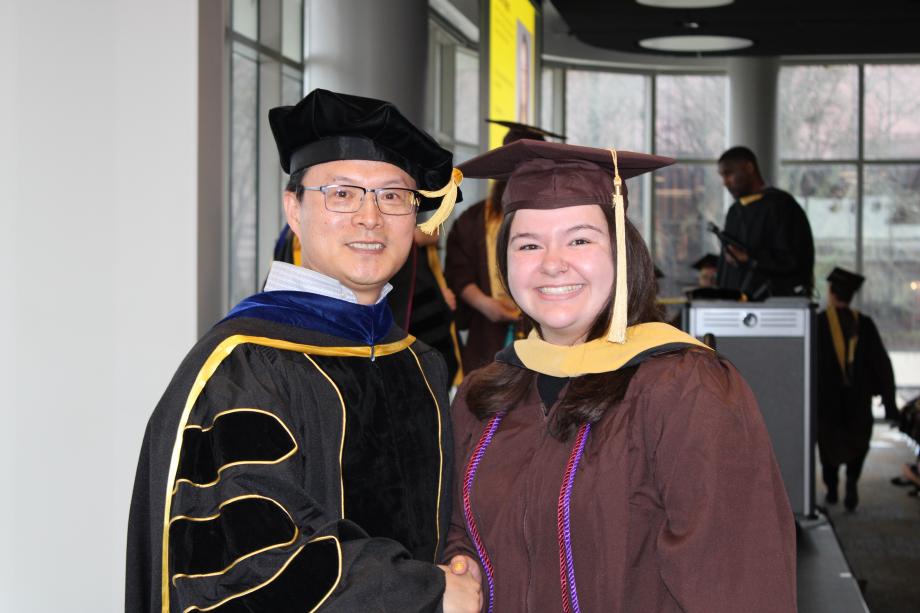About the School of Social Work

Western Michigan University has a long-term investment in social work education through its undergraduate program, which began in the 1940s with social work courses offered through the Department of Sociology. The School of Social Work was formally established in 1969, offering both the Bachelor of Social Work and Master of Social Work degrees.
The School of Social Work continues to offer the BSW and MSW today, as well as an undergraduate minor in social work. The MSW program was first accredited by the Council on Social Work Education in 1969 and is currently accredited through 2032. The BSW program was first accredited in 1975 and is also accredited through 2032.
In 1976, WMU added the College of Health and Human Services to its administrative roster, of which the school became a member, to recognize the integral relationship between physical and mental and emotional health and well-being.

